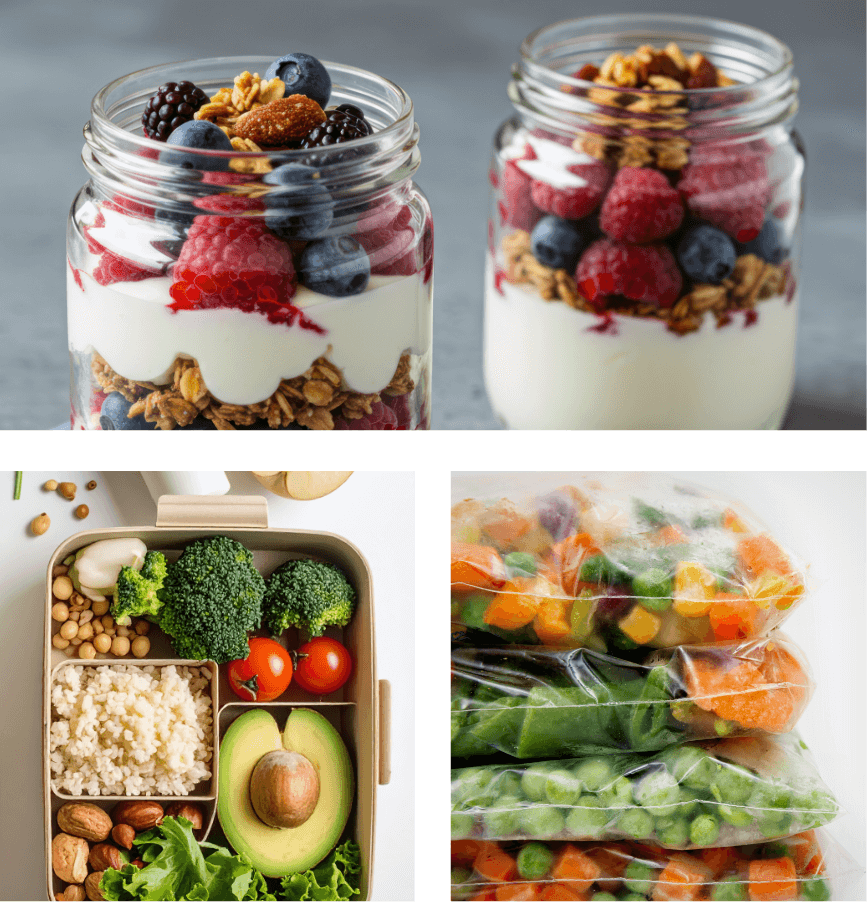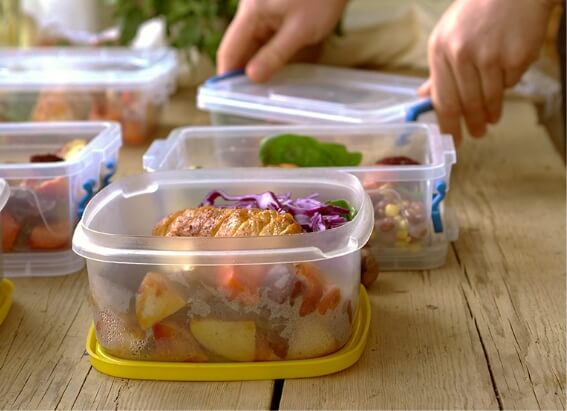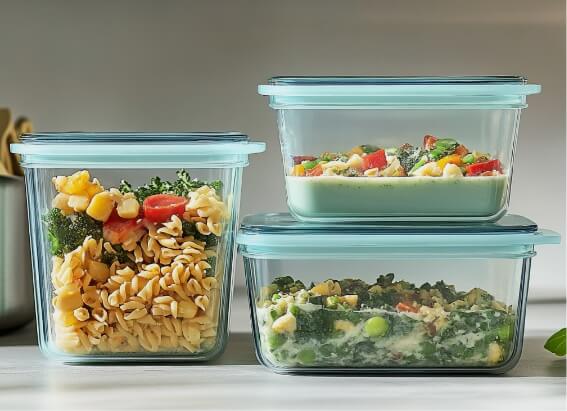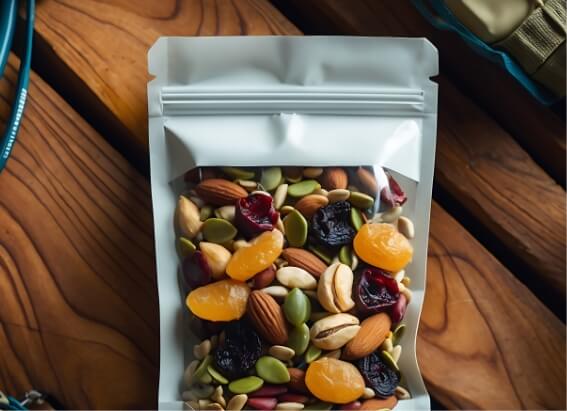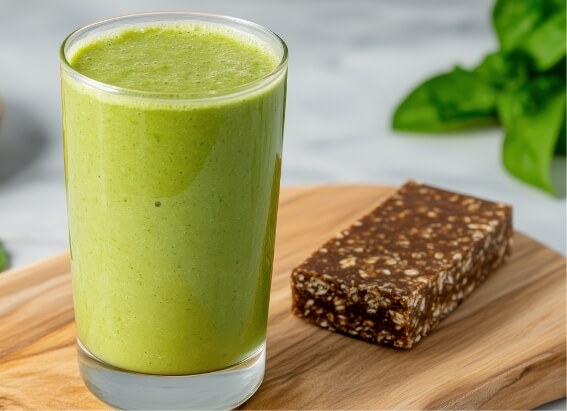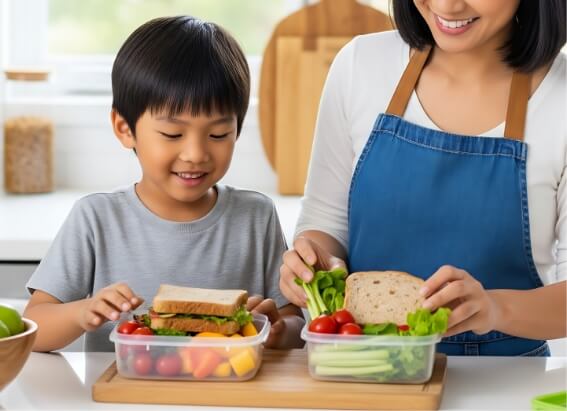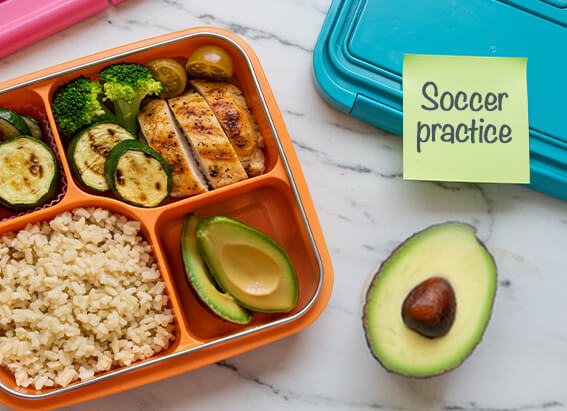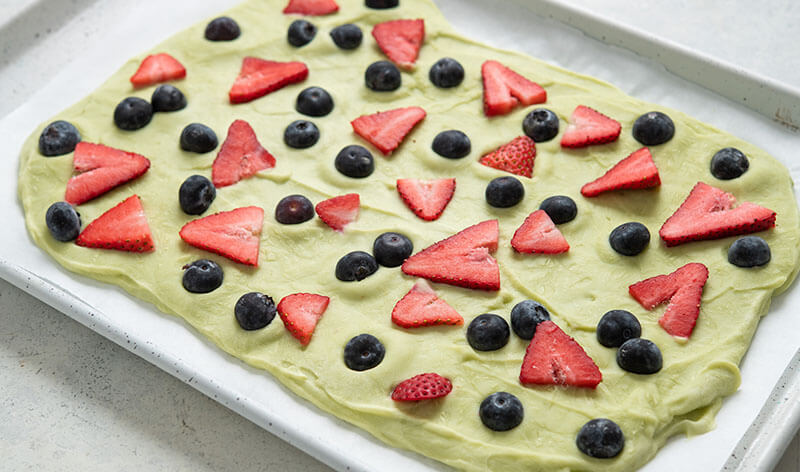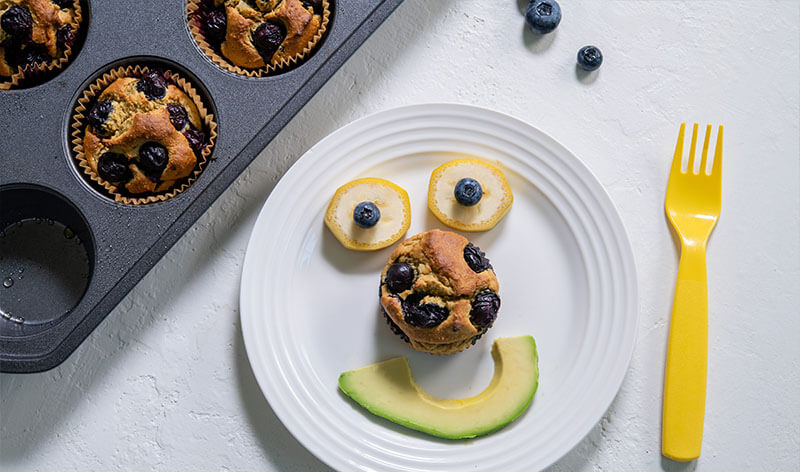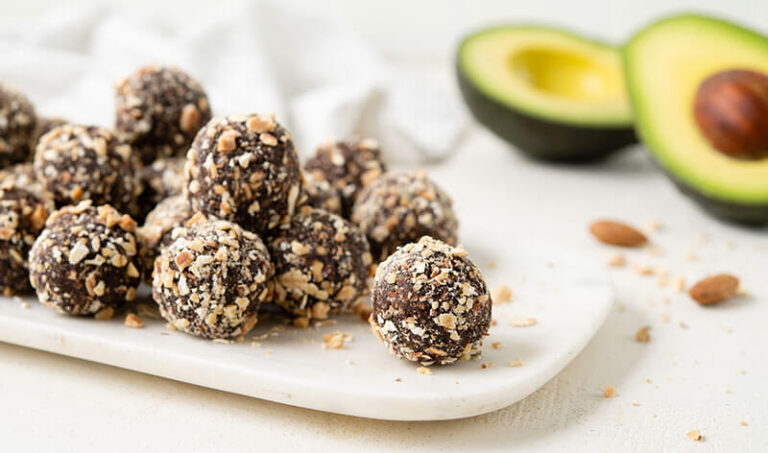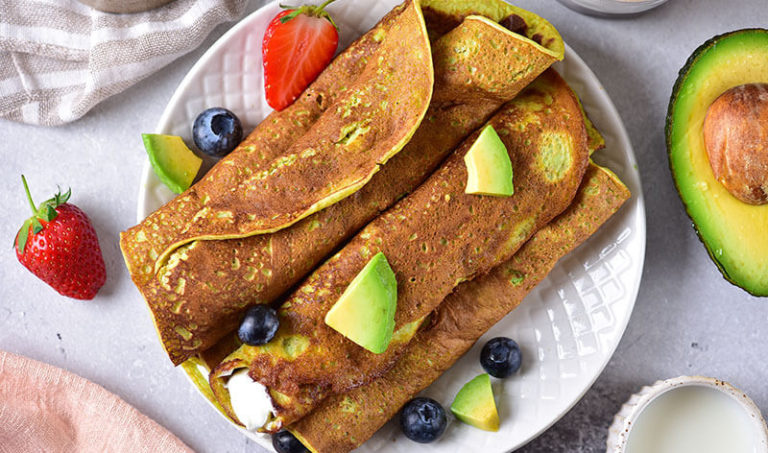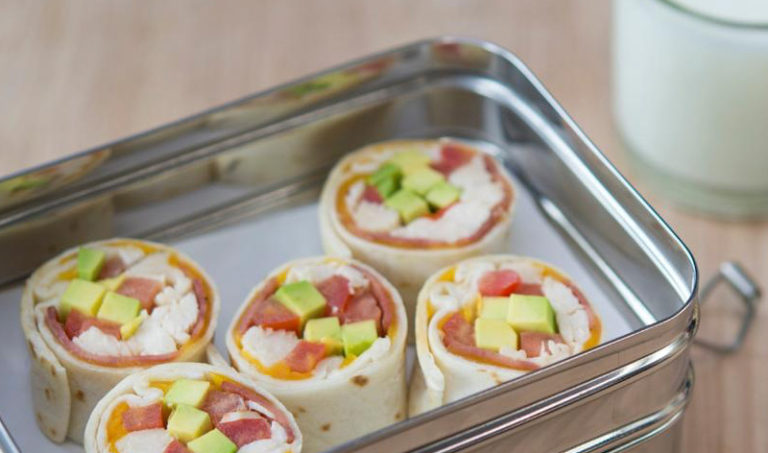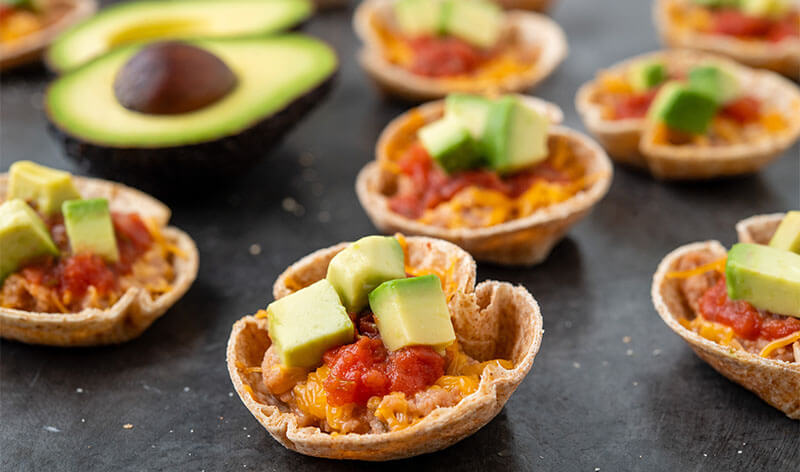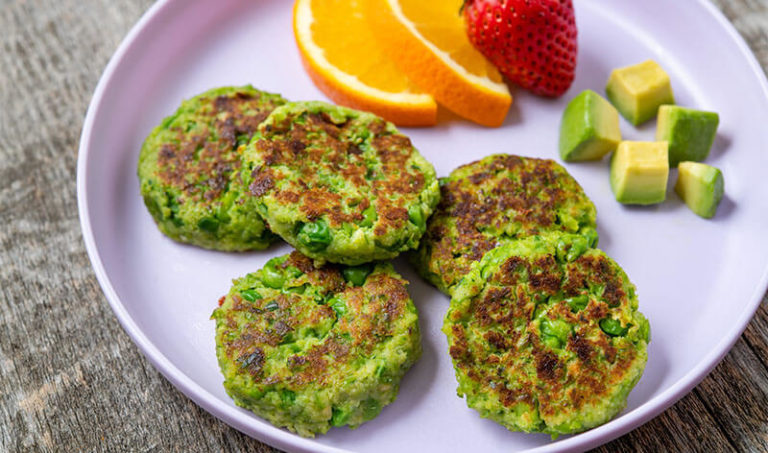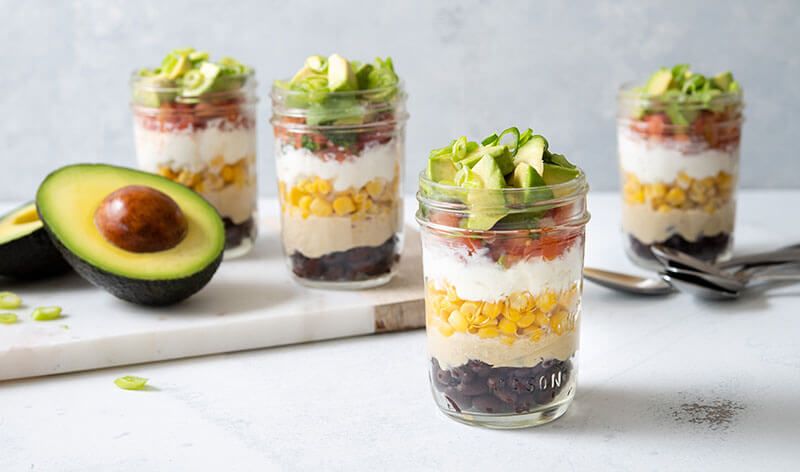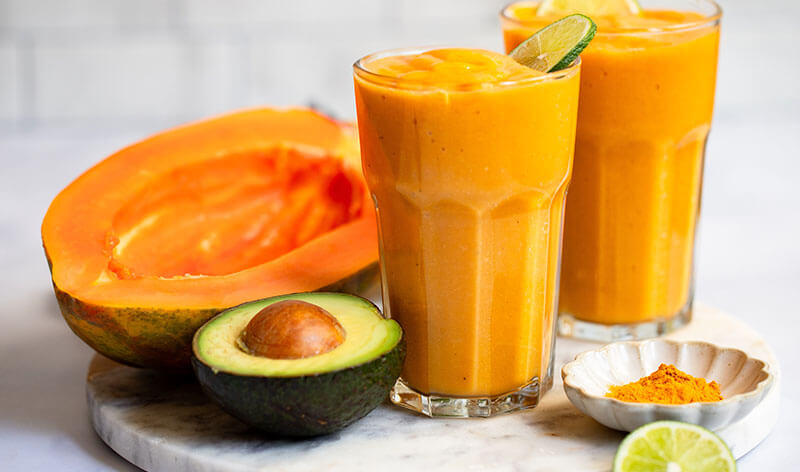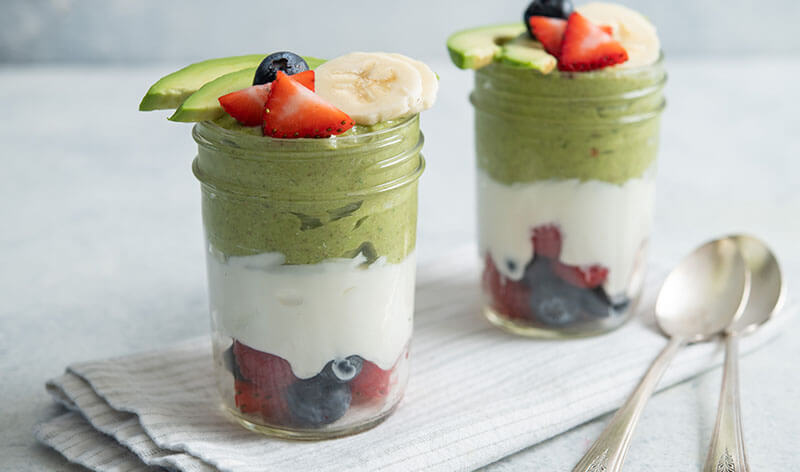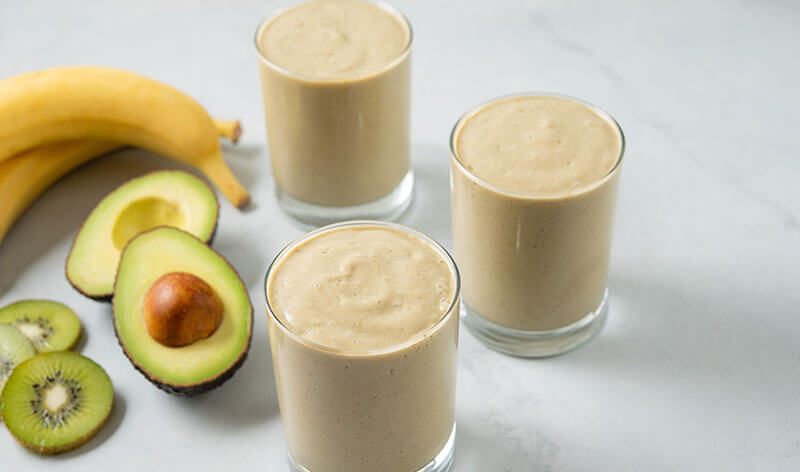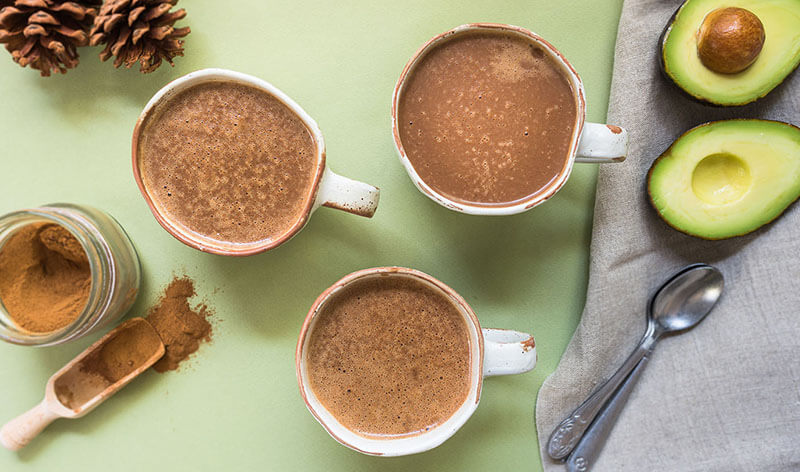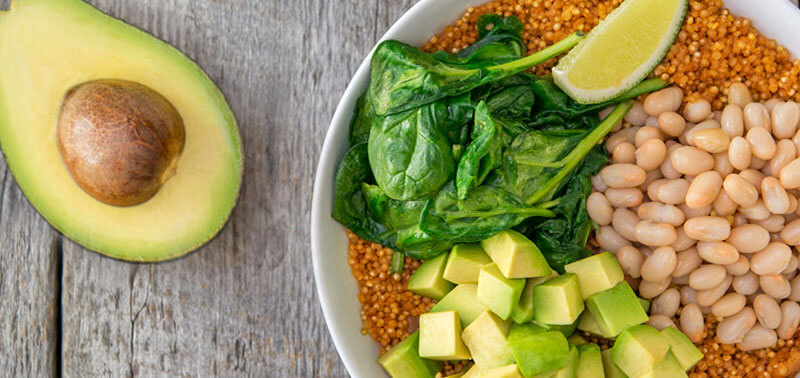Traveling athletes in their late tween or early teen years need snacks that are nutrient-dense, portable, and easy to eat without prep or refrigeration. Focus on foods that combine complex carbohydrates, lean protein, and healthy fats to support energy, performance, and recovery.
Top Portable Snack Options:
- Trail mix (unsweetened dried fruit, nuts, seeds)
- Granola or energy bars (low in added sugar)
- Hard-boiled eggs or string cheese
- Whole grain crackers with nut butter
- Greek yogurt cups or squeezable pouches
- Jerky or roasted chickpeas
- Fruit and veggie pouches
- Avocado-based snacks like wraps, smoothies, and muffins
Why Avocados Work on the Go:
- Provide 6g of healthy fats, 3g of fiber, and 250mg of potassium per 50g serving
- Help sustain energy and aid muscle function
- Can be used in sweet snacks (e.g., muffins, frozen bark) or savory options (e.g., wraps, mini sandwiches)
Prep and Packing Tips:
- Use insulated bags and ice packs for perishable items
- Pre-portion snacks to reduce mess and control serving size
- Combine shelf-stable items (like nut butter packs) with fresh options
- Label containers by day or activity to stay organized
Bonus: Let kids help prep snacks — they’ll be more likely to eat what they’ve chosen.
Feeding Traveling Athletes:
Snacks Your Kids Can Eat On The Go
When you spend more time driving your kids from practice to practice than in the kitchen, it can be hard to know what to feed your little athletes. You may feel more inclined to rely on the convenience that fast food and packaged snacks provide, but your kids may not be getting all the nutrients they need to play their best. Luckily, with some meal prepping and the right ingredients, you can create on-the-go snacks that fuel their bodies and minds.
Why Travel Snacks Matter for Young Athletes
Whether your child is heading to practices, a local game, or traveling for a whole weekend of competition, having the right snacks on hand can make a big difference. Planning ahead means fewer last-minute scrambles and more time for your athlete to focus on playing their best.
Fueling Performance and Recovery
Young athletes often juggle packed schedules, with little time between games or practices for full meals. During competitions or long travel days, snacks can serve as mini-meals, offering a practical way to support energy needs. According to the Academy of Nutrition and Dietetics, children should eat three meals and two snacks each day at a bare minimum. If they are physically active, especially as an athlete, they should be eating more.
Nutrient-dense snacks — those that provide a high ratio of complex carbohydrates, lean protein, and healthy fats to calories — can provide sustained energy and support muscle repair. For example, options like whole-grain crackers with nut butter, yogurt with fruit, or a hard-boiled egg with vegetables offer a balance of macronutrients that may help maintain energy and promote post-exercise recovery when consumed alongside a balanced diet.
Common Pitfalls of On-the-Go Snacking
In the rush of travel, it’s easy to grab processed snacks, but while these foods may be convenient, they typically provide added sugars and refined carbohydrates with limited nutritional value. Frequent consumption of these snacks may result in rapid spikes — and subsequent drops — in blood sugar levels, which can negatively impact energy, mood, and focus. A 2022 study published in the Nutrients journal found that eating too many ultra-processed foods in childhood could lead to a higher risk of developing type 2 diabetes as an adult.
Because of this and other health risks associated with added sugars and saturated fats, the USDA’s Dietary Guidelines for Americans recommend that parents limit snacks that are high in them. Replacing these with healthier alternatives — such as trail mix with unsweetened dried fruit, low-fat cheese with whole-grain crackers, or cut vegetables with hummus—can help support sustained energy and lifelong health.
What to Look for in a Travel-Friendly Snack
When preparing snacks for young athletes on the go, think beyond convenience. The most effective travel snacks take some preparation and planning, but are worth it when it comes to your kid’s nutritional needs. Here’s how to find snacks that are healthy but still suited for long days of coming and going.
The Macronutrient Balance
A travel-friendly snack for kids should ideally contain a mix of carbohydrates, protein, and healthy fats. Each nutrient serves a distinct role in athletic performance and recovery:
- Carbohydrates are the body’s preferred source of energy during physical activity. Opt for complex carbohydrates such as whole grains, fruits, or vegetables, which provide longer-lasting energy compared to refined sources.
- Protein helps support muscle repair and recovery, especially after repeated bouts of physical exertion. Suitable portable sources include hard-boiled eggs, string cheese, yogurt cups, or roasted chickpeas.
- Unsaturated fats, such as those found in avocados, nuts, seeds, and nut butters, help increase satiety and provide longer-lasting energy between meals. These foods also provide essential fatty acids, which are necessary for overall health.
Prioritizing balanced combinations over single-nutrient options can make a meaningful difference in sustaining energy levels, especially when full meals aren’t immediately available.
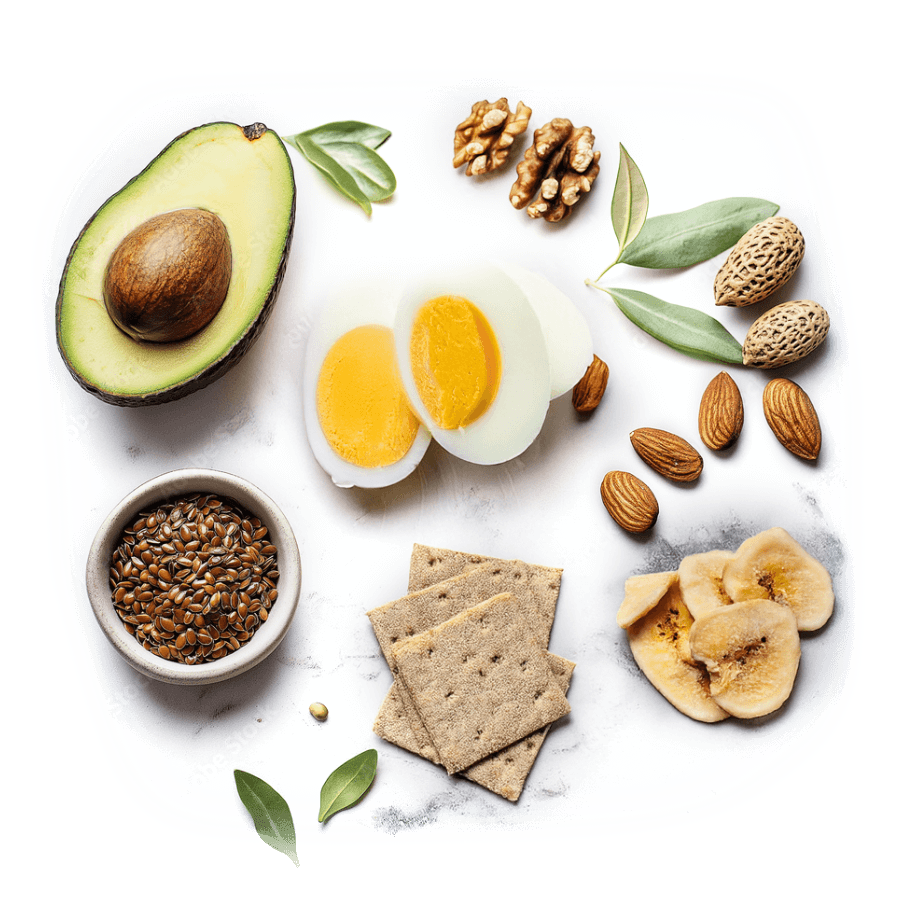
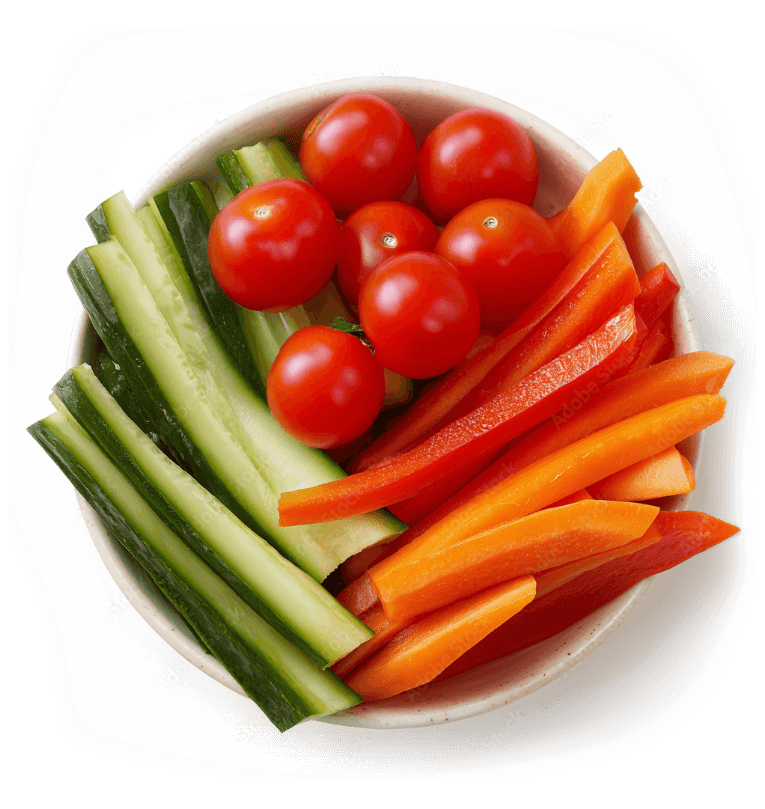
Veggies Are In The Mix
A little goes a long way when it comes to vegetables. Depending on your kid’s age and activity level, they need several servings of vegetables each day to meet their nutritional needs.
Here are the USDA’s recommendations for vegetable intake depending on age:
- Children 9-13 years old should eat 1 ½ – 3 1/2 cups of vegetables a day and 2 ½ – 5 ½ cups of “other vegetables” each week.
- Teenagers ages 14-18 should eat 2 ½ – 4 cups of vegetables a day and 4 – 7 cups of “other vegetables” each week.
Carrot sticks and celery with peanut butter are classic veggie snacks, but there are a lot of ways to incorporate them into your grab-and-go routine. Blend up a fruit smoothie with spinach and avocado mixed in, or give your kids a bag of tortilla chips with some zesty guacamole in an insulated container.

Portability and Freshness
Athletic travel for kids can be unpredictable. As a result, you or your kids may end up storing snacks in backpacks or warm vehicles and needing them while standing on the sidelines. That’s why it’s crucial to plan for storage and food safety:
- Use insulated containers, ice packs, coolers, or thermoses to maintain safe temperatures, especially for perishable items like yogurt or cut fruit.
- Choose reusable, leak-proof containers to keep food intact and prevent spills.
- Focus on shelf-stable snacks, such as trail mix (without added sugars), dried fruit, or whole-grain crackers, for longer trips without refrigeration.
Planning ahead helps reduce food waste, saves money, and ensures that snacks contribute meaningfully to your athlete’s energy and nutrient needs.
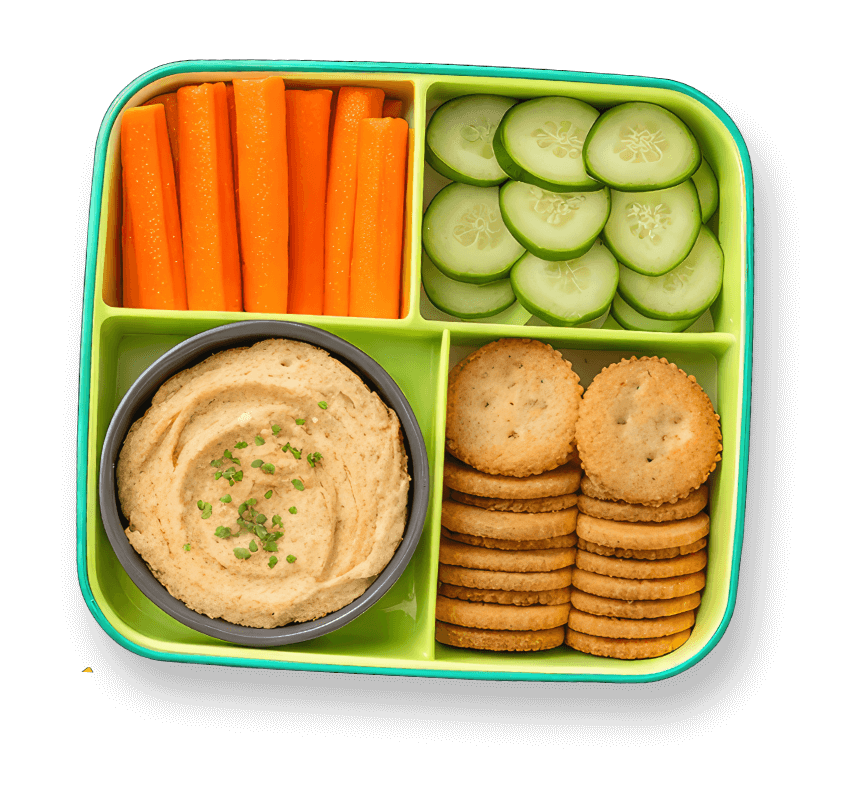
Avocados on the Move:
Nutritional Power in a Portable Package
Avocados are more than just trendy — they’re a practical addition to any young athlete’s snack routine. With their nutritional content and delicious flavor, avocados offer sustained energy and satiety in a naturally portable format.
Why Avocados Are a Smart Choice
A 50 g serving of avocado (about one-third of a medium avocado) delivers these key nutrients:
Healthy fats: Provides 6 g of unsaturated fats, including 5 g of monounsaturated fat, which may help maintain energy between meals and are part of a heart-healthy eating pattern when used to replace saturated fats. Healthy fats should account for 30-35% of your child’s daily calories.
Fiber: Contributes 3 g of dietary fiber, which can promote satiety and support digestive health. To figure out how much fiber your child should have each day, stick to the “age +5” rule, in which you add 5 to your child’s age to learn the approximate amount of grams of fiber they should have each day.
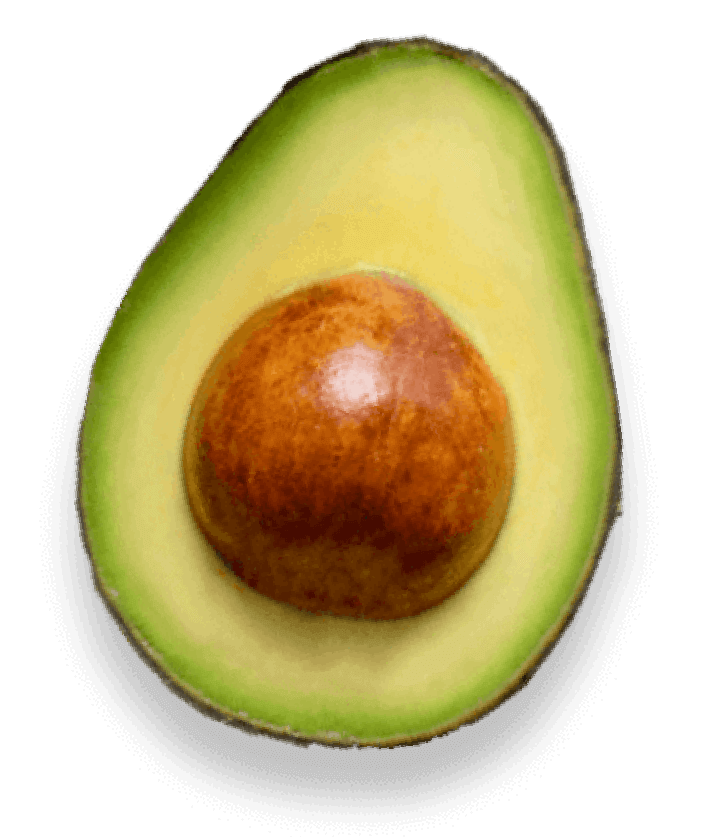
Potassium: Contains 250 milligrams (mg) of potassium, which plays a role in normal muscle function and fluid balance—important for active children and teens. Depending on age and gender, children need between 2,000 and 3,000 mg of potassium each day.
Folate and other B vitamins: Provides 45 micrograms (mcg) of folate and .1 mg of vitamin B6, both of which may support energy metabolism. Kids need between 200 and 400 mcg of folate each day, and between .6 and 1.3 mg of vitamin B6.
Avocados are also naturally sodium-free, cholesterol-free, and sugar-free, making them a wholesome addition to snacks on the road.
Including avocado with your family’s snacks can help young athletes stay satisfied and better manage their energy between activities — especially during long stretches without full meals.
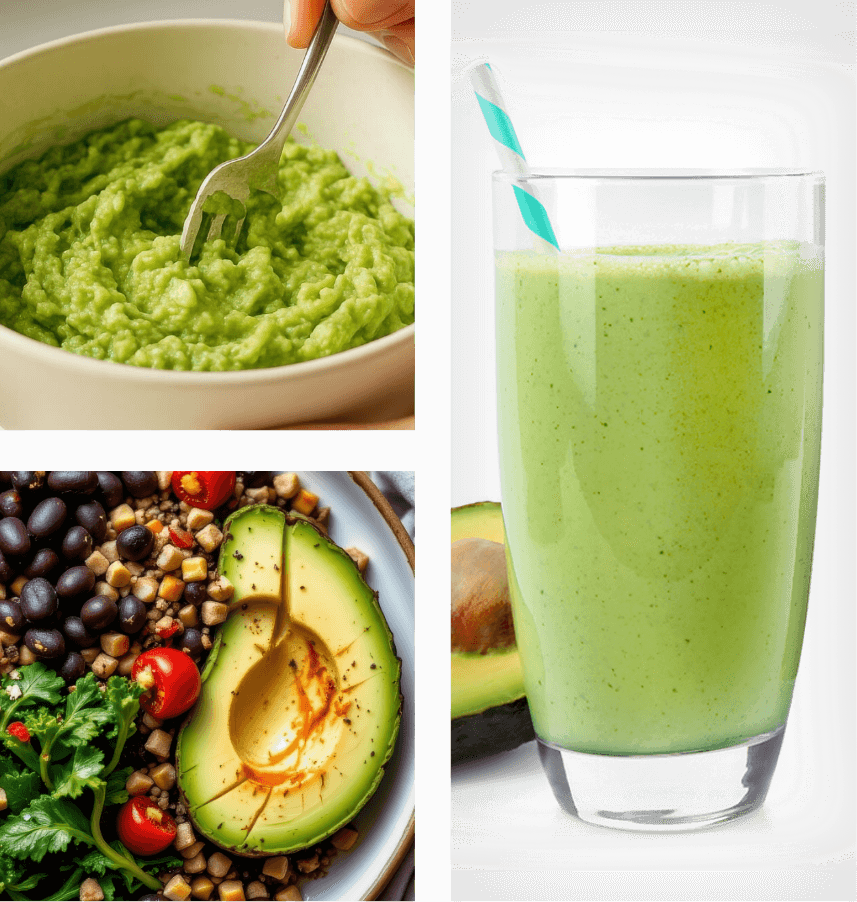
Making Avocados Travel-Ready
Though avocados are perishable, a few simple prep tips can make them a reliable, nutrient-dense travel snack.
Avocados may not be your first choice for on-the-go snacks. However, these prep methods can ensure your snacks don’t become another stain in your backseat.
- Mashed spreads: Mix mashed avocado with citrus juice and a pinch of salt. Pack in a sealed container and pair with whole grain bread, crackers, or wraps.
- Smoothies: Blend avocado with fruit, yogurt, and milk or a dairy alternative. Freeze ahead for a creamy, energizing option that travels well.
- Snack combos: Combine diced avocado with cherry tomatoes, canned beans, or whole grain crackers for a balanced, easy-to-pack mini-meal.
With the right preparation, avocados can be a convenient and satisfying part of your athlete’s travel nutrition, fueling performance without sacrificing taste or freshness.

Meal Prepping for Busy Sports Families
When weekends are filled with games, practices, and travel, having ready-to-go snacks can help reduce stress and support healthy eating habits. A bit of planning can minimize reliance on convenience stores so your young athlete has access to balanced, nutrient-dense options.
Meal Prep Hacks For Busy Families
Preparing snacks in advance — whether on the weekend or the night before a packed day — can reduce your stress in the morning while still ensuring your kids have nourishing options when they need them. By keeping a mix of shelf-stable and refrigerated snacks on hand, families can easily rotate through different choices to keep things interesting and prevent “snack fatigue.”
Involving children in snack prep encourages them to choose — and actually eat — more balanced, nutrient-dense foods. Even simple tasks like washing fruit, portioning ingredients, or assembling snack boxes can help kids feel invested in their meals.
Here are some strategies for meal prepping as a family:
These small steps can make a big difference in maintaining consistent energy levels, avoiding last-minute food stops, and fostering lifelong habits around healthy eating and planning ahead.
Best Storage For Taking Snacks In The Car
Choosing the right containers can help preserve the quality, taste, and safety of prepped snacks:
- Glass jars with secure lids are ideal for smoothies, dips, or layered items like yogurt parfaits.
- Leak-proof bento boxes keep components separate to avoid sogginess and maintain food appeal.
- Reusable pouches work well for softer textures like applesauce or avocado blends.
To keep perishable snacks safe, bring along a cooler with an ice pack to store your snacks. This is especially important when traveling for extended periods or during warm weather. Clearly labeling containers by day or snack type can also simplify busy mornings — especially when managing multiple athletes or events.
A dedicated snack bin or cooler in the car, stocked with balanced, travel-safe items, can help keep energy steady and avoid the need for unplanned stops.
